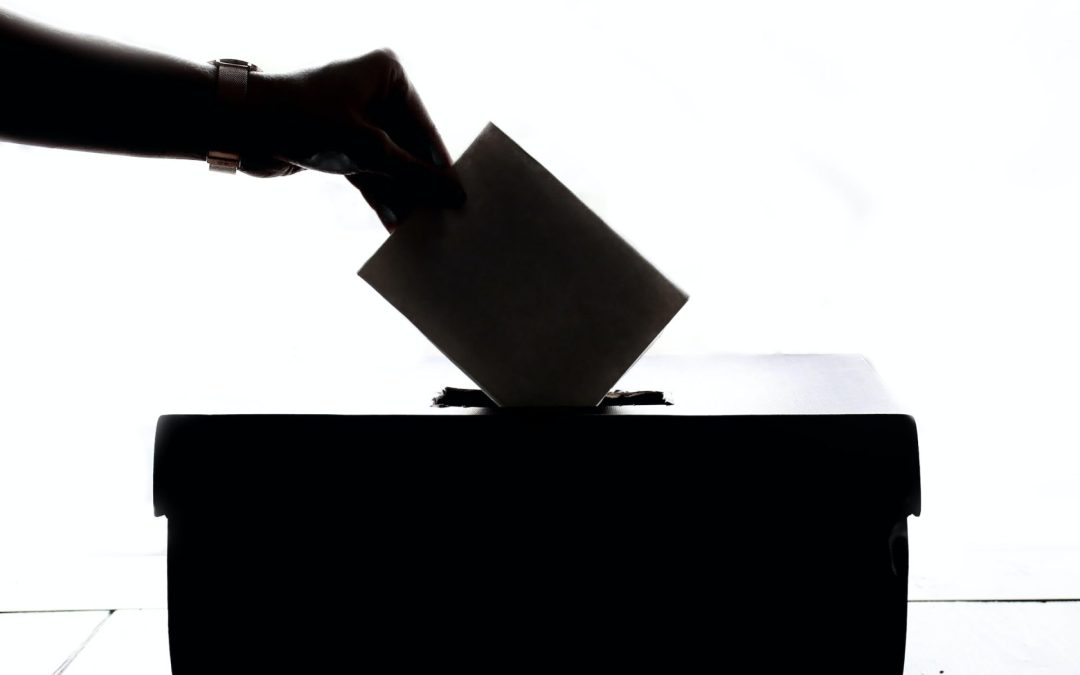Twenty-two of 24 respondents (91.7%)
voted no on the summer Counterpoint poll: “If you threaten emergency department staff while in a mental health crisis, should you be arrested for a crime?”
The question related to legislation introduced in Montpelier in January with the intention of encouraging police officers to take emergency department patients into custody if they threaten or assault workers or engage in disorderly conduct inside hospitals, even if law enforcement hasn’t witnessed the alleged offense. The bill passed despite concerns that it would serve to criminalize Vermonters seeking treatment during mental health crises.
Eleven respondents submitted anonymous comments, reflecting both sides of the issue, including the following:
• “If your actions or words are truly a part of and because of a mental health emergency, then it should be treated as a symptom, just as symptoms are treated for any other health emergency.”
• “When in a crisis, I have found that the way I’ve been treated in the ED was horrid and thus lashing out and protecting oneself is survival instinct and should not be punished. What happened to compassion? If they back you into a corner, you will come out fighting! People deserve to be treated with Respect, Compassion and Dignity and that is sorely lacking in VT hospitals!”
• “It would depend on the situation. People in the ER [may be] distressed, upset, may be frightened, may have acute symptoms that they can’t control, may have been mistreated there, may not understand what is going on. A more humane approach would be to try to calm the person, find a quiet place for them to be, reassure them, find some support. Arresting someone in this situation is an overreaction to someone’s distress and fear, and is not going to make anything better.”
• “The crime occurs when you go hands-on and assault the staff.”
• “The essential premise of mental health laws is that a person perceived to be in a mental health crisis must be forced into a process that assesses the level of danger present. To charge someone in this type of situation with a crime because they may appear threatening to others is deeply flawed and damaging because:
“1. The initial detention for evaluation phase is based on an allegation that this person might be dangerous in some way, but regardless of whether or not the person actually poses any real danger to themselves or others they are being stripped of their rights based on the opinion of someone else. If the system was not designed in a way that acknowledges, and empathizes, with the ways in which someone in that situation would feel threatened and/or desperate then the system was not designed to care for them. And if that is the case then legislators must publicly acknowledge that.
“2. If it is believed that the person being forced into this process is impaired in a way that limits their understanding of what’s going on then that must include an acknowledgement that a confused person who feels threatened may respond in ways that seem threatening to others. If the system is not designed in a way that acknowledges this then the assessment process is not actually designed to understand the person being forced into it. And if that is the case then legislators must publicly acknowledge that this system was not designed for compassion, or care, it was designed for detention.”
• “If you are truly in a mental health crisis and have no mental awareness (valid) of your actions, I believe getting you the mental health that you need would be more beneficial than arresting you for something you did not, or would not, have intentionally done in a sane mind. That being said, if you are there for a perceived mental health crisis, and are fully aware of your actions, because you’re not getting what you perceive you need, then interest would be warranted.”
• “Y’all, we can’t be threatening or assaulting peoples. They be trying they best to help us in our struggle.”
The fall poll – “Do high housing costs or mental health challenges play a greater role in creating homelessness?” – asks readers to weigh competing theories behind a widely discussed problem in Vermont, where a staggering 43 residents out of every 10,000 are unhoused (compared to 18 nationally).
In response, advocates of various stripes have urged legislators to eliminate regulatory barriers for the construction of new market-rate housing, to invest additional public dollars into affordable housing, and to improve social services (including mental health counseling) for individuals who struggle to find and retain housing.
Researchers have established a correlation between psychiatric diagnoses and incidences of homelessness, but causation – not to mention its direction – is more difficult to prove. Other scholars have focused on the relationship of homelessness to home prices and rental vacancy rates, of which Vermont has the second lowest in the country.
As always, Counterpoint wants to know what you think.

